Preface#
Recently, I published a few articles introducing my blog setup process and components, and many friends have followed my tutorial to set up their own blogs. At the same time, some friends raised questions: at this point in 2022, with so many mature writing and publishing platforms available, why do we still go through the trouble of setting up and updating our own blogs?
I started writing on WeChat public accounts in my freshman year (2015), sharing articles about books, movies, and personal life; in 2018, I began using Wordpress to set up my personal blog, and in 2019, I migrated to Hugo + Github Pages and have maintained it ever since.
In the past two years, I have updated a total of 70 articles, mainly consisting of course notes and topics related to technology and efficiency. Since I set up a website data statistics system, I have had nearly ten thousand visitors. In this article, I want to share my thoughts and experiences from my personal journey of writing a blog, which may provide some reference for those of you who are hesitating.
The Original Intention and Value of Blogging#
Publishing Learning Notes#
Perhaps due to my enthusiasm for the Chinese language subject in high school and the influence of my English major in college, I have always enjoyed reading and sharing. Long ago, I maintained a personal public account with an old friend, writing articles related to books, movies, music, and personal life. This was my first time conveying my emotions through words, and I experienced the joy and touch that external feedback brought.
Later, for various reasons, the public account stopped updating, and I hadn't publicly published articles for a long time. However, since I had thoughts of changing my major at that time, I was learning new knowledge on my own and would regularly jot down notes and learning insights in my note-taking software, gradually developing the habit of recording.
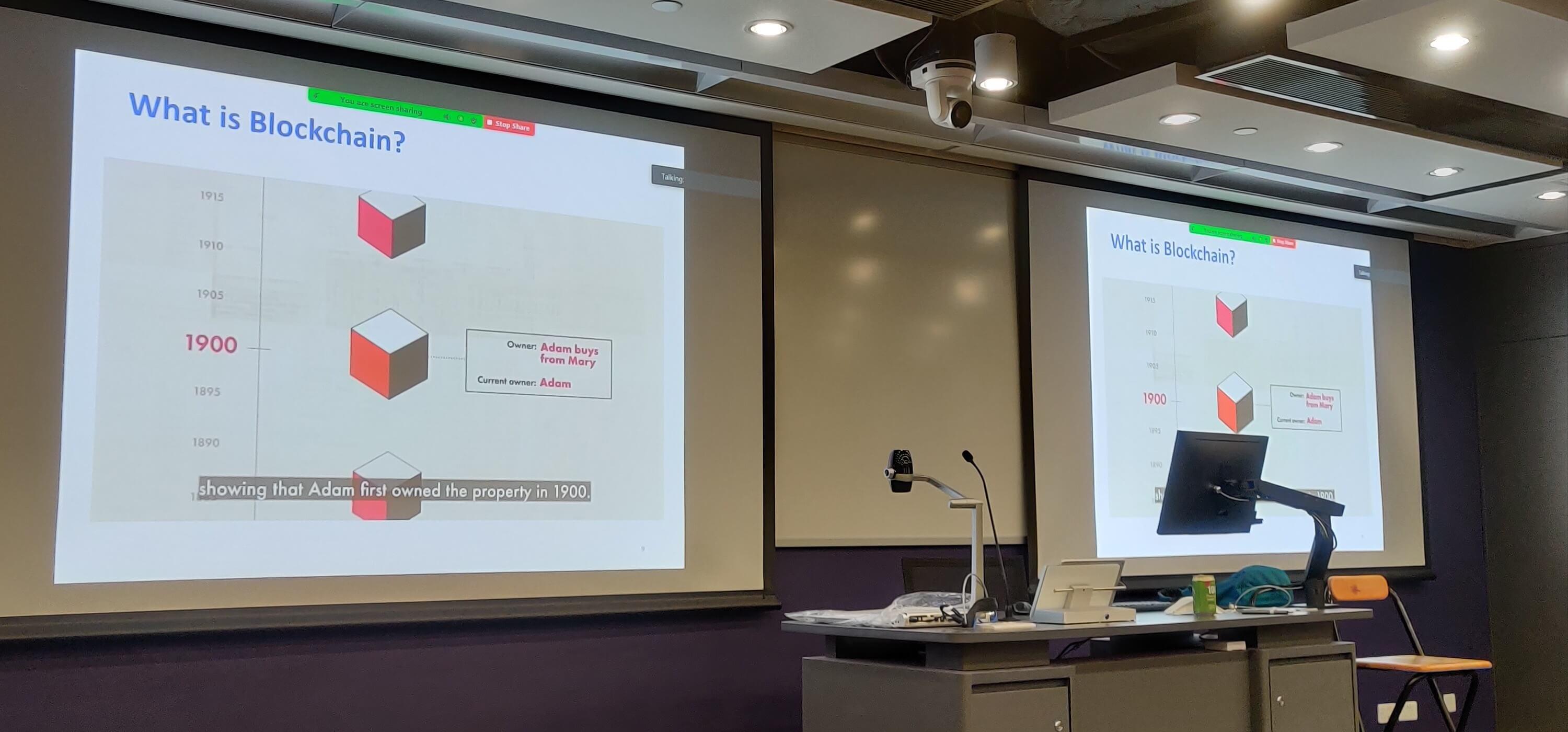
Especially during my study abroad in Hong Kong, since the courses were taught entirely in English, I needed to spend a lot of time organizing and reviewing after class, which I would share with many classmates. Thus, I picked up my long-abandoned blog and gradually published many learning notes, receiving positive feedback and thanks from many classmates. Later, I added components like website visit statistics and comments, and occasionally checking would surprise me with many visitors from search engines, which provided me with a lot of motivation to continue updating.
Blog articles differ from scattered notes in that they require a specific theme, a certain structure, and complete content. This prompted me to organize and summarize my knowledge system during the process of conception and writing. Sometimes, I even needed to use mind maps and flowcharts to aid understanding. This process helped me continuously reinforce the knowledge I learned and helped me get through many assignments and exams.
Although the initial readership was not large, I viewed it as a channel for my expression and a window for gaining a sense of identity and value. Therefore, writing an article required a lot of effort, which made me more disciplined in giving up many meaningless pastimes and investing more time in refining my articles. Additionally, the time pressure also promoted my thinking about learning methods and efficiency, leading me to naturally understand and think from the perspective of the entire knowledge structure when attending classes or reading materials.
Recording Work Insights#
After starting work, since I am engaged in the blockchain industry, which is an emerging field, sometimes a small piece of knowledge requires consulting a lot of scattered materials to understand, most of which come from the blog posts of industry leaders. Sometimes, I would follow a blogger's article timeline from the beginning and gain a lot from it. At this point, I also developed the idea of recording and sharing the pitfalls I encountered during my work and learning.
I found that most of the online materials related to blockchain are relatively brief and low-level, lacking detailed step-by-step explanations, making reproducibility weak for beginners. Therefore, I began to regularly organize my learning insights and work experiences into articles by theme and publish them on my blog, and separately extracted blockchain-related content into a beginner's guide for everyone to learn and exchange.
After publishing, I received a lot of feedback and met many like-minded people, establishing my own network of relationships, gaining a deeper understanding of my learning and work development, and even obtaining some interesting opportunities.
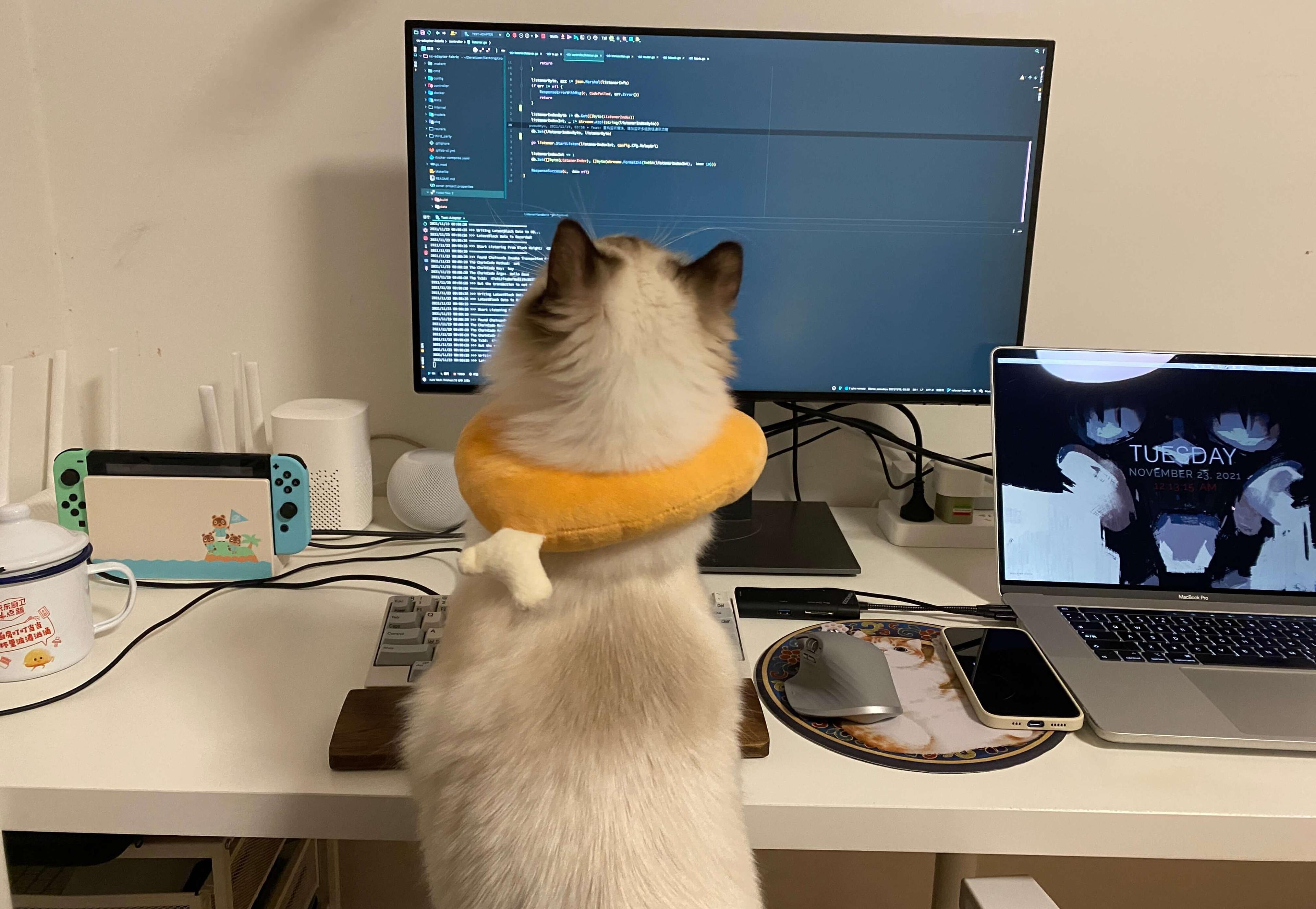
After working for a while, I became the technical lead for some projects, needing to lead a team to quickly integrate into the projects. At this time, my blog posts could serve as training materials shared with team members, greatly reducing the workload and helping me maintain a stable output rhythm. Additionally, due to this attitude of sharing, I was also assigned to build a documentation library for the technical team alongside the team leader, which promoted information dissemination and business development within the department and even the company, benefiting my career development.
Sharing Efficiency Tips#
In my spare time, I am also an efficiency enthusiast, enjoying experimenting with various tools and applications, and I maintain a project called "pseudoyu/yu-tool Personal Toolbox." Over time, many friends would come to me with software and hardware-related questions, such as "What software can achieve this function?" or "How do I install this?" I would answer them one by one, but since I don't use some software as frequently anymore, my memory of the details might be off. Therefore, I would document the setup and usage process of my software systems in detail, organizing them into blog posts for future reference or direct sharing with friends in need.

I have always believed that recording the process of software and hardware experimentation is not just a cold collection of entries and screenshots, but a transmission of my personal values, lifestyle, and way of thinking, just as I expressed in another article:
But when I use the system that I spent a lot of effort researching and optimizing in my daily work and study, or when an unexpected demand uses a software/configuration I previously experimented with, I feel inexplicably happy and accomplished. This is probably the meaning of tinkering.
Personal Reflection and Growth#
Through various stages of study and work, I have found that I may have completely different thoughts and growth at different stages and roles, and sometimes looking back can be quite touching. Therefore, I set up a section called "Thoughts," where I previously recorded my growth around my birthday each year and noted my thoughts at specific time points. In the future, I will also record some of my phase-sensitive insights in the form of weekly or monthly reports.
I believe that my future self, months or even years later, will also find my state of mind at that time from these little records. As I gradually cultivate the habit of recording life, I will also be able to focus on and appreciate the beauty of life, and face the challenges from the future more positively.

A personal blog is like a tree hole for me; while recording and expressing my emotions, I may also receive some warmth from strangers.
How to Persist in Writing#
Overcoming Psychological Barriers#
Writing is not an easy task. After not writing for a long time, I often feel "out of touch." Friends who have not developed a writing habit may find it easier to feel "not knowing what to write," "what I write has no meaning," or "will anyone read it?"
This is actually a misconception. There is a saying that "experts must please themselves." Writing (especially personal blog writing) should not be a highly purposeful task, but rather a process of self-recording, self-discovery, self-exploration, and self-expression. Each of us is in different roles, each with our unique perspectives and ways of viewing things. As long as we pay more attention to the fields we are in or interested in, collect fragmented ideas, think actively, and explore interesting ideas using mind maps and other methods, we can organize these ideas into articles, carefully refine our writing, and express them with sincerity to create valuable content.
Actively Sharing and Spreading#
After completing an article, we can choose to publish and spread it across various platforms, actively seeking positive feedback, which will motivate us to persist. In addition to personal blogs, we can choose content communities like JianShu, Zhihu, Weibo, and some relatively niche content platforms like Shaoshu and Jike.
Good content will naturally spread and be seen by more people. What we need to do is to persist and continuously output. In the early stages, we can set a fixed frequency for ourselves, such as every half month or month, and give ourselves some small material incentives, gradually adjusting according to our situation and willingness later on.
Personal Blog#
Why Choose a Personal Blog#
The above discussion focused on how we can write valuable blog articles. Now, let's return to the initial question:
Since there are already so many platforms, why do we still choose to set up a personal blog?
After the popularization of mobile internet and smartphones, the term "blogger" seems to have become a relic of the past. Recently, I was added to a list of "friends who are still writing blogs," which was somewhat amusing.
With the rapid development of the internet, we have more channels for expression, yet it seems we have lost the desire to express ourselves. Moments, Weibo, and other platforms seem to be the first front for emotional expression, but character limits and too many social connections make us hesitant; while platforms like Zhihu and JianShu seem too "professional," not suitable for all content, and easily swayed by online public opinion.
A personal blog is a more perfect choice. We can customize various modules of the blog according to our preferences, and the process of tinkering and optimizing feels like decorating our own little house, which is very fulfilling. Coupled with a personalized domain name, we can build our personal brand. Including a link to our personal website on personal social platforms or resumes is a great bonus.
Another important point is that the content and data we publish on the blog belong to us, and we will not lose all data or experience the pain of large-scale migration with the disappearance of the platform. Having experienced the painful lesson of the demise of "Xiami Music," I pay special attention to this and regularly back up my article data.
Additionally, we can perform some SEO optimization on our personal blog without being influenced by the algorithms of content platforms. Readers may link from one article to their other expressions of thoughts and attitudes, making them feel that behind the words is a real and interesting person, rather than just a molecule of homogenized knowledge on the internet.
How to Set Up a Personal Blog#
My personal blog was originally set up using WordPress on my Vultr VPS. Due to slow network access, I migrated to Tencent Cloud servers and filed for record, which improved access speed, but the process of publishing blogs was cumbersome, and long-term server maintenance was also a considerable expense.
Therefore, I have been exploring a solution that ensures a good access experience both domestically and internationally while being hosted on some platforms to optimize the deployment and publishing process. I have continuously improved the blog system setup and publishing process, and I am quite satisfied with my full-process solution so far. Although some configurations are needed for deployment and setup, subsequent updates and maintenance are very convenient, and I have written a series of articles about the blog setup process.
Blog Setup and Automatic Publishing System#
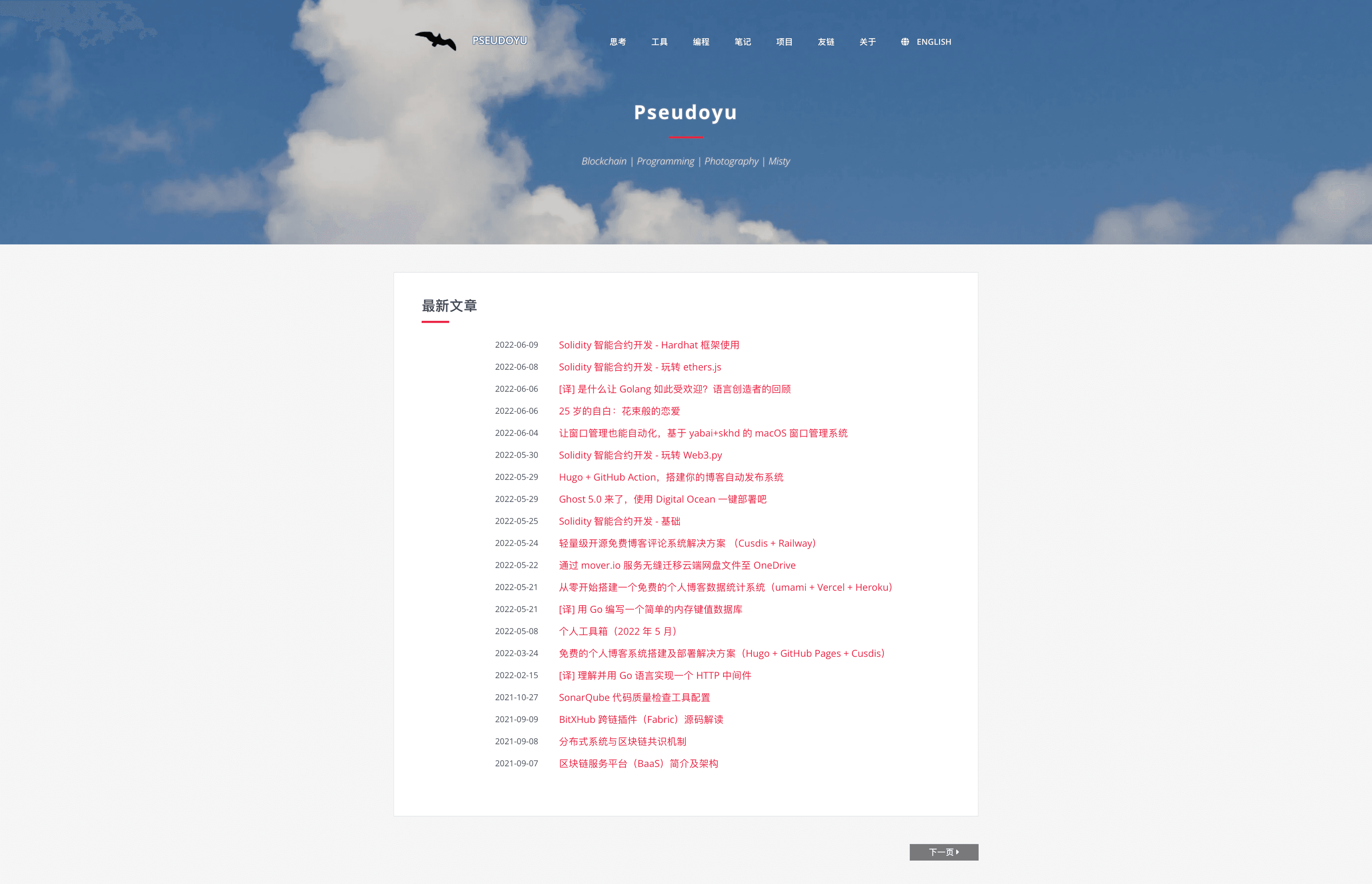
I built my personal blog using the Hugo static site generator. Hugo is a blogging tool implemented in Go, using Markdown for article editing, automatically generating static site files, supporting rich theme configurations, and allowing for plugins like comment systems to be embedded via JavaScript, making it highly customizable.
Additionally, I manage version control for the blog configuration and all article source files, using GitHub Action for automated deployment, automatically generating static sites and pushing them to the GitHub Pages blog publishing repository. For the setup tutorial, please refer to:
Blog Comment System#
A complete blog certainly needs a comment system. Systems like WordPress come with built-in comment plugins, while static blogs need to integrate comment systems themselves. Initially, I chose the third-party Disqus, which is simple and easy to use, but it comes with many ads and promotions, which is not very minimalist. Therefore, I chose Randy's Cusdis, an open-source comment system focused on data privacy, and deployed it through Railway. For the setup tutorial, please refer to:
Blog Data Statistics System#
As a continuously updated blog platform, we are certainly curious about which articles have the highest readership, which keywords are searched most frequently, etc. Data statistics can help us focus on creating and sharing more valuable content.
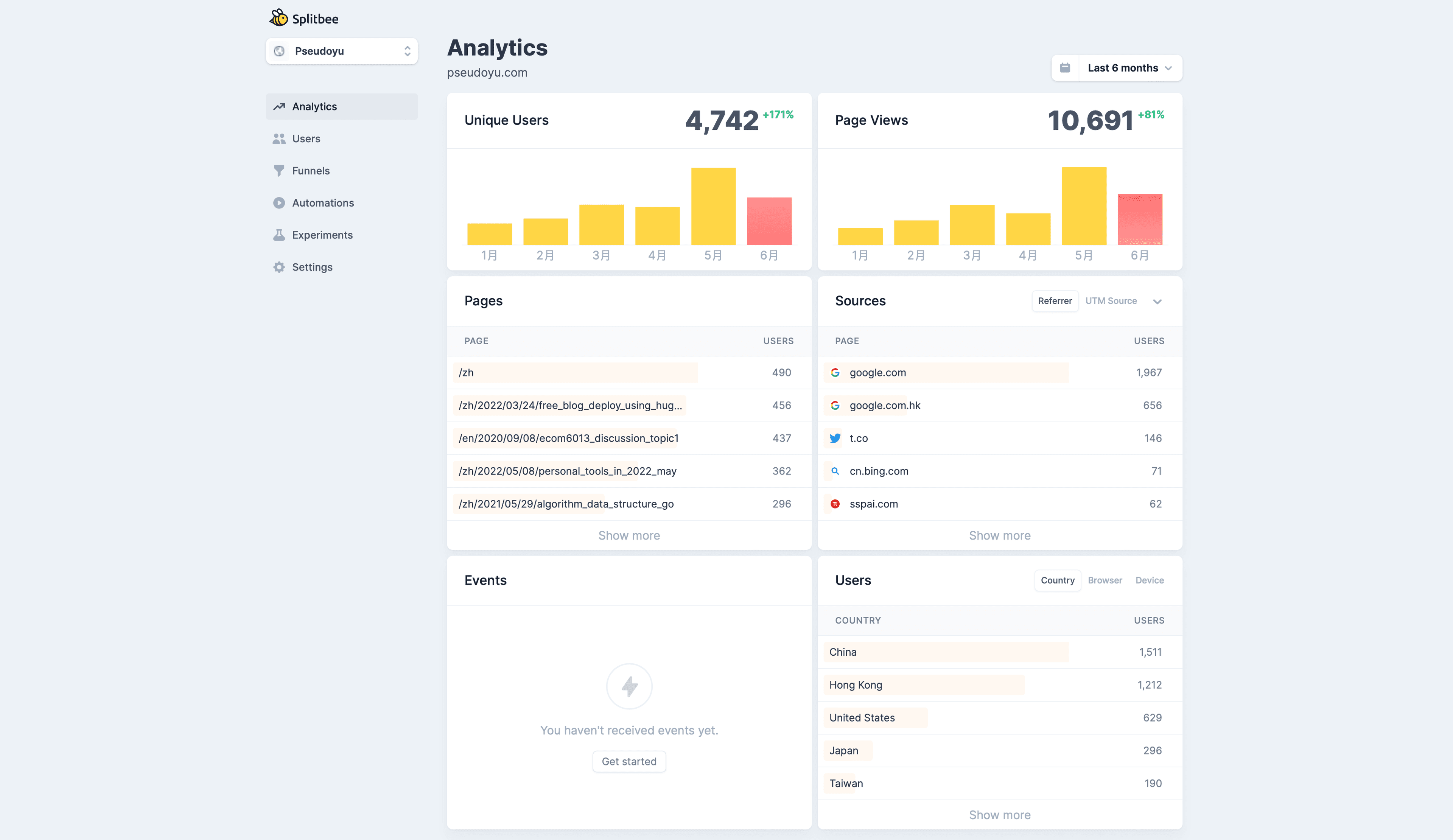
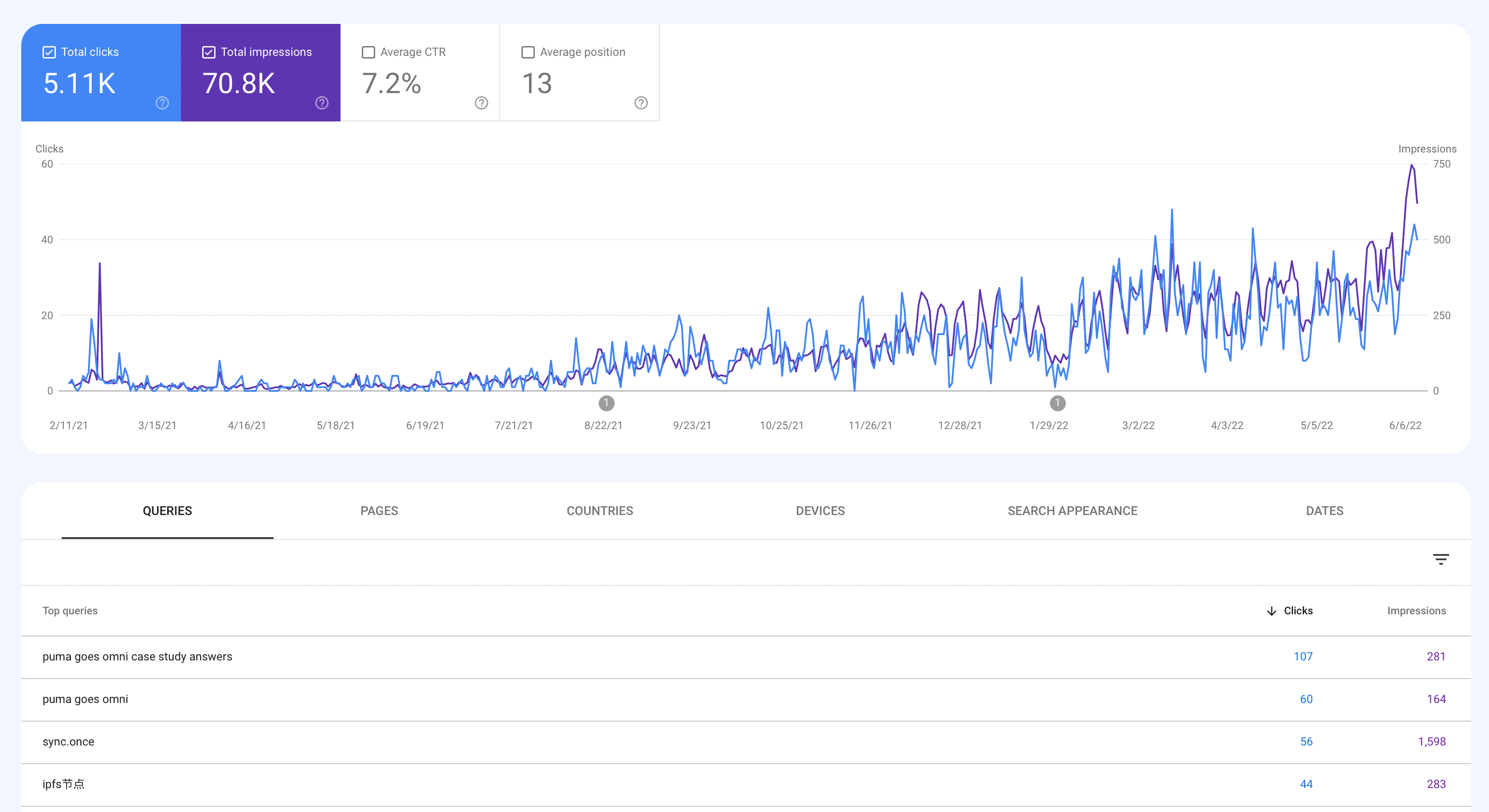
There are many similar tools, and I chose splitbee and Google Console to analyze my visitor information and search weight.
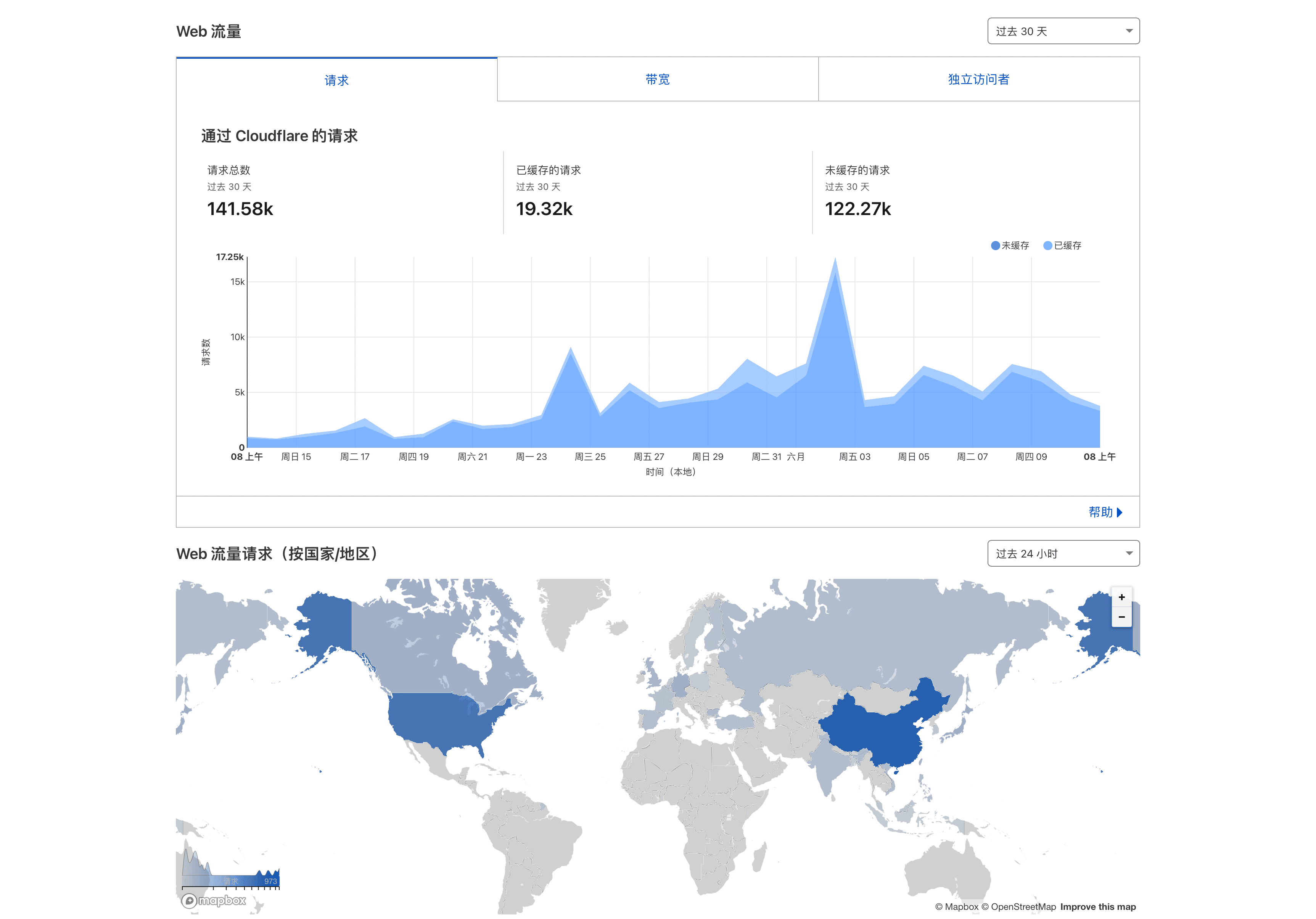
Cloudflare can also analyze web traffic, but since there is a lot of unrelated traffic, such as crawlers, the reference value is not strong.
In addition, I chose an open-source service called umami as an alternative to Google Analytics, deploying it through Vercel and Heroku to achieve real-time monitoring of visitor data. For the setup tutorial, please refer to:
Conclusion#
It's 2022, and I am still writing a blog, and I will continue to do so. The blog is like my private space, with each note recording my changes and growth, also carrying some of the most important moments of my life. I hope that you in front of the screen can also experience the charm of blogging and encourage more friends to join us in the "blogger" community that we are still holding on to.
References#
- Talking About Why I Write a Blog
- My Pseudoyu Personal Blog
- Free Personal Blog System Setup and Deployment Solution (Hugo + GitHub Pages + Cusdis)
- Building a Free Personal Blog Data Statistics System from Scratch (umami + Vercel + Heroku)
- Lightweight Open Source Free Blog Comment System Solution (Cusdis + Railway)
- Hugo + GitHub Action, Set Up Your Blog Automatic Publishing System
- Blockchain Beginner's Guide